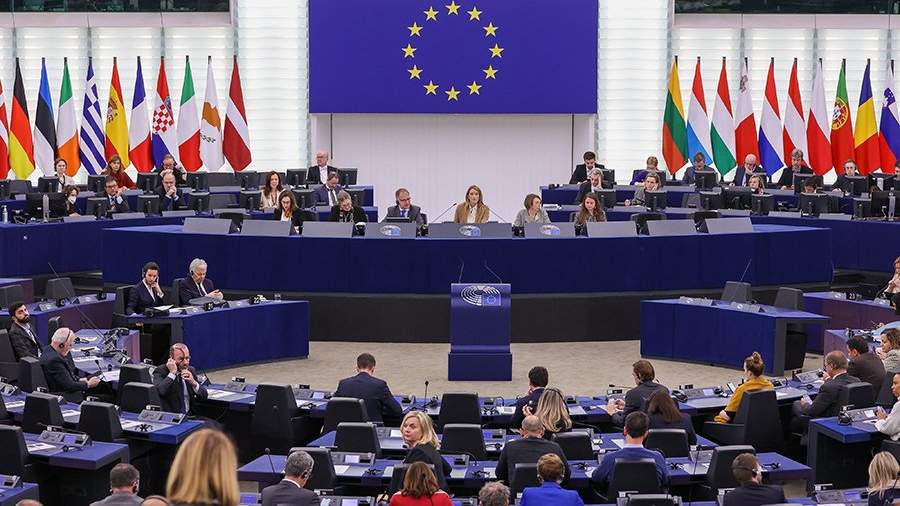Members of the European Parliament on the eve proposed, discussed and identified strategies, aimed at weakening the powers of Hungary, which will lead the EU Council in the second half of next year. These strategies were combined into a resolution, for which the European Parliament will have to vote. Although this resolution is not a binding document, it is expected, that the resolution will call into question the success of the chairmanship of Budapest.
“It’s time to start playing hardball,” said Sophie in’t Veld, a Dutch MEP and explained – the draft resolution includes ways to “keep cooperation to a minimum” when Hungary leads the EU Council.
The need arose, because European parliamentarians fear, that Budapest could use its six-month deadline to promote policies, that run counter to EU values.
The resolution contains a request to the Council of the EU to find a “proper solution”, otherwise there will be “retaliatory measures” from the parliament. At the same time, even the authors of the document admitted, that there is currently no obvious legal way to stop the Hungarian presidency.
At the same time, In’t Veld is sure, that the European Parliament is not completely powerless in this matter. She suggested that, along with Hungarian officials, Hungarian independent journalists and scientists should be present at official events. Another suggestion is to end the tripartite negotiations, during which behind-the-scenes deals are discussed between EU institutions, and to hold open votes instead.
“We have to strip this presidency of all the glitz and glamour: no photo ops, no flashy press conferences,” she said.
And Enrico Letta, the former Italian prime minister, who now heads the think tank, has proposed postponing the Hungarian presidency for a few years rather than canceling it. “Delay is the most Brussels-style solution, so it’s best,” he told reporters at a briefing.
Hungary has already responded to this resolution. Justice Minister Judit Varga called the proposal “nonsense” and accused the assembly of ignoring democracy.
“The European Parliament has no role here – there has been a unanimous EU Council resolution for many years, that determines the order of the presidency,” she said.
Every six months, another EU country presides over the Council of the European Union on a rotating basis, which gives it certain avenues of influence in shaping broader EU policy.


